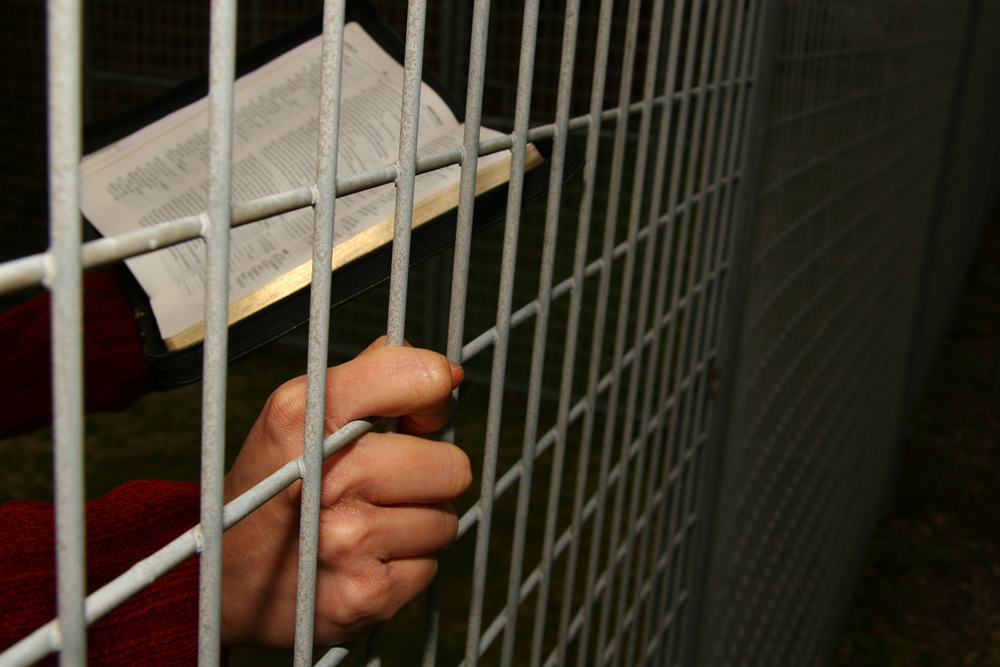|
In this mailing:
- Raymond Ibrahim: UK: Radical
Muslims Welcome, Persecuted Christians Need Not Apply
- Amir Taheri: Brexit's Message
to European Union
by Raymond Ibrahim • March 31,
2019 at 5:00 am
- In rejecting the
claim for asylum of a man who converted from Islam to
Christianity, and presumably compelling his return to Iran,
the British government is effectively sentencing him to death.
- "[O]ut of 4,850
Syrian refugees accepted for resettlement by the Home Office
in 2017, only eleven were Christian, representing just 0.2% of
all Syrian refugees accepted by the UK." — Barnabas Fund.
- At the same time,
the Home Office allowed a Pakistani cleric, Syed Muzaffar Shah
Qadri, considered so extreme that he is banned even from his
native Pakistan, to come and lecture in UK mosques.
- "It's
unbelievable that these persecuted Christians who come from
the cradle of Christianity are being told there is no room at
the inn, when the UK is offering a welcome to Islamists who
persecute Christians.... There is a serious systemic problem
when Islamist leaders who advocate persecution of Christians
are given the green light telling them that their applications
for UK visas will be looked on favourably, while visas for
short pastoral visits to the UK are denied to Christian
leaders whose churches are facing genocide. That is an urgent
issue that Home Office ministers need to grasp and
correct." — Dr. Martin Parsons, Barnabas Fund.

In
rejecting the claim for asylum of a man who converted from Islam to
Christianity, and presumably compelling his return to Iran, the British
government is effectively sentencing him to death. (Image source:
iStock)
In two unrelated cases, the United Kingdom denied
asylum to persecuted Christians by bizarrely citing the Bible and
Jesus. Both Christians, a man and a woman, are former Muslims who
were separately seeking asylum from the Islamic Republic of Iran,
the ninth-worst persecutor of Christians -- particularly of those
who were Muslims and converted to Christianity.
UK asylum worker Nathan Stevens recently shared
their stories. In his rejection letter from the UK's Home Office,
which is in charge of immigration, the Iranian man was told that
biblical passages were "inconsistent" with his claim to
have converted to Christianity after discovering it was a
"peaceful" faith. The letter cited several biblical
excerpts, including from Exodus, Leviticus, and Matthew, presumably
to show that the Bible is violent; it said Revelation was
"filled with imagery of revenge, destruction, death and
violence." The governmental letter then concluded:
by Amir Taheri • March 31, 2019
at 4:00 am
- The first problem
with the EU is that, though it is called a union, it isn't
really one. The EU is essentially an economic club; not a
state.
- Brexit has
highlighted the key challenges that the EU faces. The first
challenge concerns a widespread overestimation of the EU's
role. This is due to its perception as a supra-national state,
which it certainly is not.
- The EU is also
facing the challenge posed by the return of the nation-state
as the most popular model of socio-political organization
across the globe. Right now all supra-national and/or
international organizations, from the United Nations to NATO,
are regarded with suspicion, if not outright hostility, not
only in Europe but also throughout the world.
(Image
source: iStock)
With the Brexit saga's denouement still uncertain,
the European Union would do well to re-examine its performance as a
daring experience in socio-political engineering on a grand scale.
Even if, as expected, the United Kingdom somehow manages to fudge
Brexit and remain tied to the EU, the fact remains that millions of
Brits and other Europeans are unhappy with aspects of the
experience.
The first problem with the EU is that, though it is
called a union, it isn't really one. To be sure it has a flag, an
anthem, a parliament, a council of ministers, and even
pseudo-embassies in many countries, but despite such trappings of a
state, the EU is essentially an economic club; not a state.
|































No comments:
Post a Comment